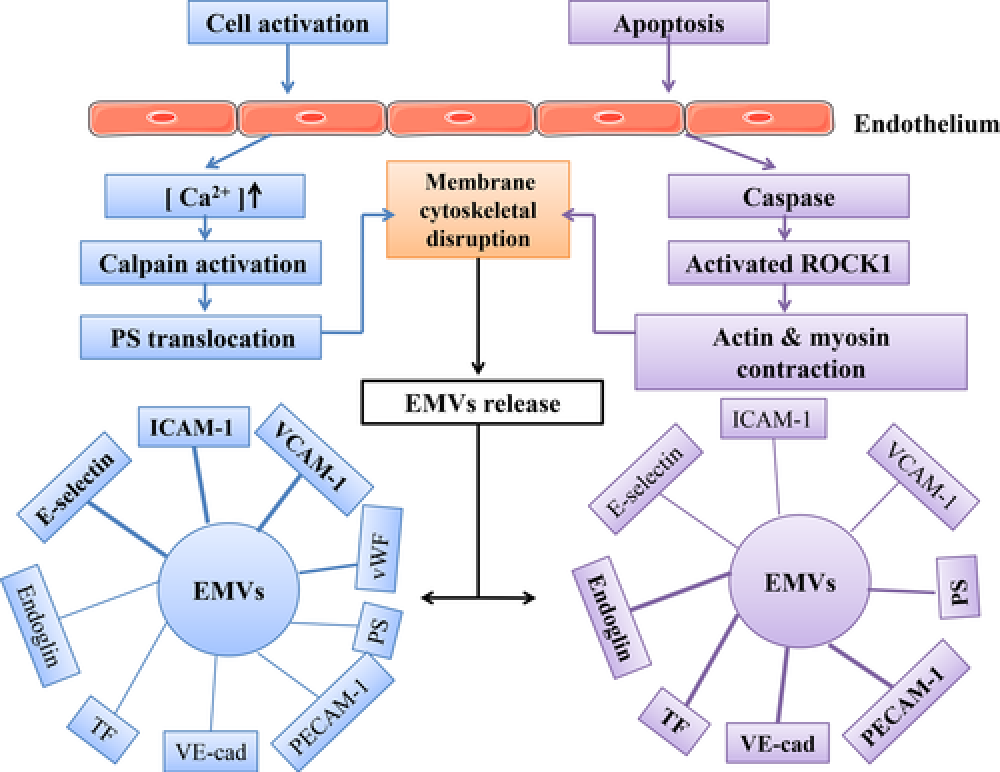Authors: Sergey N Gusev1*, Velichko LN2, Bogdanova AV2, Khramenko NI2, Konovalova NV2 Published Date: 26-08-2021
Abstract
SARS-CoV-2, the pathogen, which is responsible for coronavirus disease 2019 (COVID-19), has caused unprecedented morbidity and mortality worldwide. Scientific and clinical evidence testifies about long-term COVID-19 effects that can affect many organ systems. Cellular damage, overproduction of proinflammatory cytokines and procoagulant abnormalities caused by SARS-CoV-2 infection may lead to these consequences. After suffering from COVID-19, a negative PCR test is only the beginning of a difficult path to full recovery. 61 % of patients will continue to have the signs of post-covid syndrome with the risk of developing serious COVID-19 health complications for a long time. Post-COVID syndrome is an underestimated large-scale problem that can lead to the collapse of the healthcare system in the nearest future.
The treatment and prevention of post-covid syndrome require integrated rather than organ or disease specific approaches and there is an urgent need to conduct a special research to establish the risk factors.
For this purpose, we studied the expression of markers of apoptosis (CD95) and intercellular adhesion (CD54) in healthy individuals and patients who underwent COVID-19, as well as the efficacy of the drug Mercureid for the treatment of post-covid syndrome.
The expression level of the apoptosis marker CD95 in patients who underwent COVID-19 is 1.7-2.5 times higher than the norm and the intercellular adhesion marker CD54 is 2.9-4.4 times higher. This fact indicates a persistent high level of dysfunctional immune response in the short term after recovery. The severity of the expression of the intercellular adhesion molecule (ICAM-1, CD54) shows the involvement of the endothelium of the vascular wall in the inflammatory process as one of the mechanisms of the pathogenesis of post-covid syndrome.
The use of Mercureid made it possible to reduce the overexpression of CD95 in 73.4 % of patients that led to the restoration of the number of CD4+/CD8+ T-cells, which are crucial in the restoration of functionally active antiviral and antitumor immunity of patients. Also, the use of Mercureid led to a normalization of ICAM-1 (CD54) levels in 75.8 % of patients.
The pharmacological properties of the new targeted immunotherapy drug Mercureid provide new therapeutic opportunities for the physician to influence a number of therapeutic targets, such as CD95, ICAM-1 (CD54), to reduce the risk of post-COVID complications.
